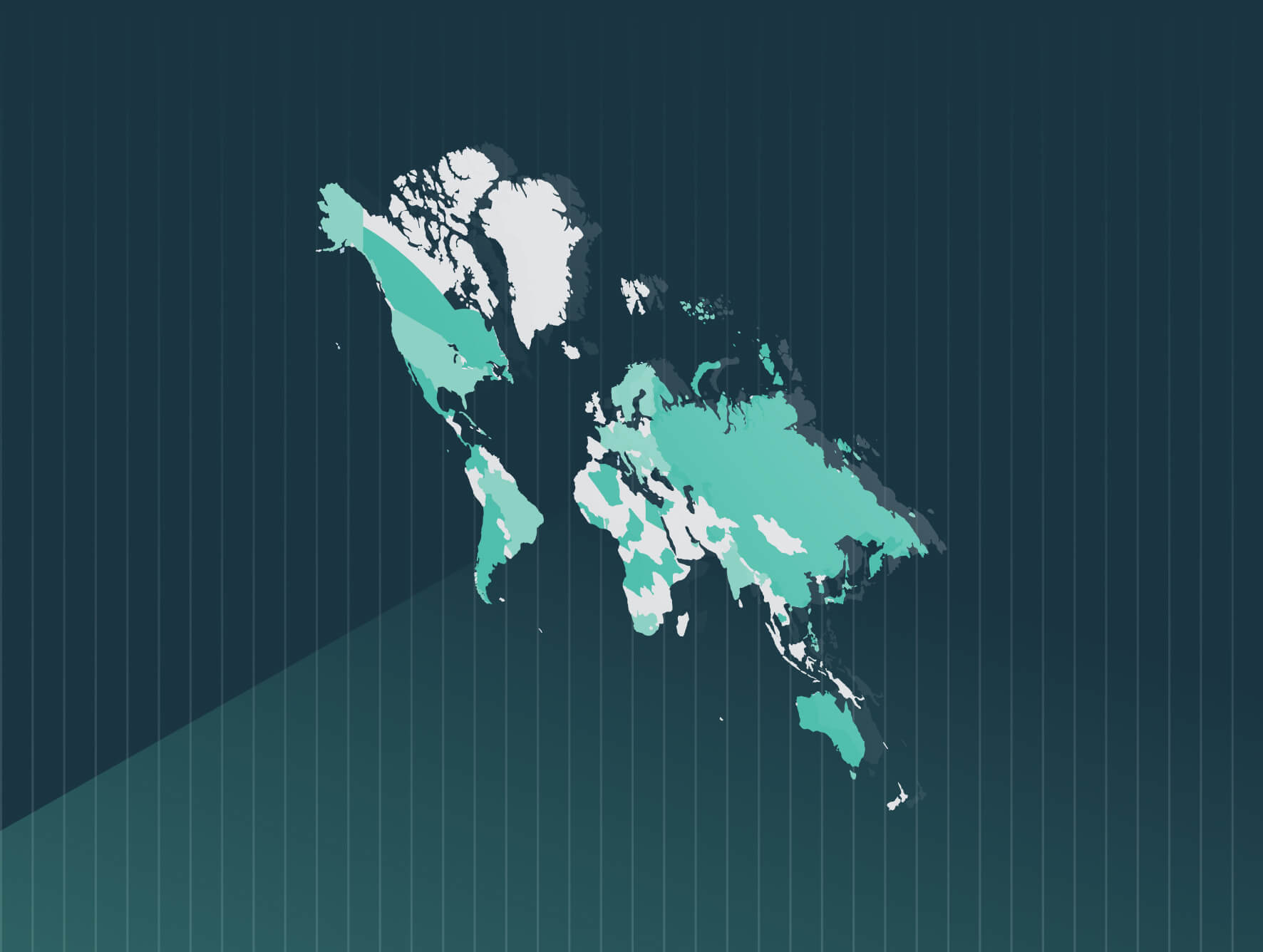As November 1st marks the beginning of Native American and Alaska Native Heritage Month, it’s a significant occasion that deserves attention, offering employees an opportunity to recognize colleagues with Native American and Alaska Native Heritage. Celebrating native heritage is a great way to raise awareness and build understanding and inclusivity for this important demographic in American history.
Importance of Native American and Alaska Native Heritage Month
In the early 1900s, Red Fox James, a member of the Blackfeet Nation, rode on horseback to 24 state governments to gain approval to have a day designated as a day to honor American Indians. His efforts were successful. In May 1916, the first American Indian Day was celebrated.
The celebration of Indigenous cultures became a week-long celebration in 1986, when President Reagan proclaimed the week of November 23-30, 1986 as “American Indian Week.”
In 1990, President George H.W. Bush designated November as National American Indian Heritage Month and, in 1994, the event became known as the American Indian and Alaska Native Heritage Month. Every President since 1995 has issued annual proclamations designating the month of November as the time to celebrate the cultures, accomplishments, and contributions of Native American and Alaska Native communities.
Through its iterations its purpose remained consistent: to honor these important members of American history.
Historical Significance
In 2020, the United States’ American Indian and Alaska Native population was 3.7 million, according to the U.S. Census Bureau. It’s a population that is expected to grow to more than 10 million by 2060—representing about 2.5% of the total US population.
The month-long celebration of Native American and Alaska Native Heritage Month offers an opportunity to recognize and celebrate the rich and diverse cultures, traditions, and histories of Native people while also raising awareness of the unique challenges they have faced, and continue to face today.
These groups join others that we also recognize each year, through commemorative events like Pride Month, Caribbean Heritage Month, Hispanic Heritage, Black History Month, and others. These national commemorative occasions offer an opportunity for employers to help employees understand more about each other and their diverse backgrounds and histories of those they work with.
Cultural Relevance
The nation, and employers and individuals across the nation take time during the month of November to reflect on the cultural relevance and contributions that Native Americans and Alaska Natives have made to the country. Events including film festivals, art exhibits, and cultural performance organized by organizations like the Smithsonian Institution, National Archives and Records Administration, National Gallery of Art, and National Park Service help raise awareness of these important members of the country and educate citizens about their many contributions.
Employers also have an opportunity to use this annual month of recognition to educate and inform employees about their Native American and Alaska Native colleagues.
Let’s Celebrate
In November, take time to celebrate the contributions and traditions of Native Americans and Alaska Natives by:
- Sharing information about local community events and activities.
- Asking employees to share information about their heritage and cultures.
- Encouraging employees to support Native businesses.
- Watching and sharing films made by Indigenous people.
- Reading and recommending books on Native American and Alaska Native culture.
- Hosting potlucks and other events to share and learn about Native American and Alaska Native cuisine and culture.
- Sharing your support on social media using the hashtags #NativeAmericanHeritageMonth and #AlaskaNativeHeritageMonth.
As we celebrate and honor the rich heritage of Native American and Alaska Natives, take advantage of opportunities to build connections and community between these and other groups in your workforce. Together they contribute to your organization’s success. Make sure not to overlook your hybrid and remote workers in these celebrations—it’s important for all employees to feel included and valued.








